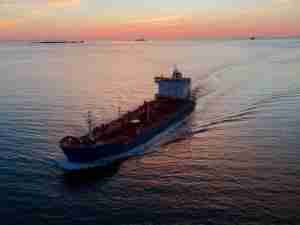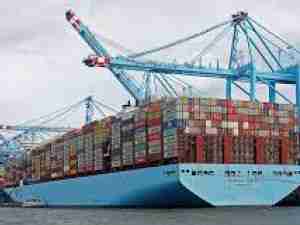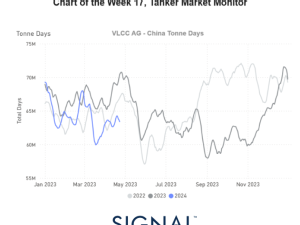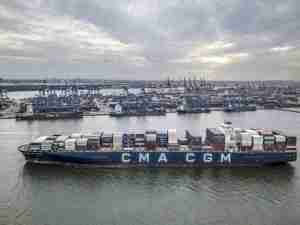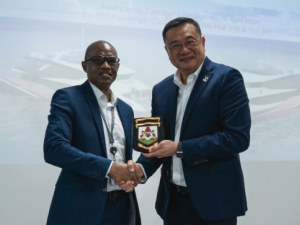By George Lauriat, Editor-in-Chief, AJOT
In late September 2005, Dubai merged its two ports groups, the Dubai Ports Authority (DPA) and its international arm, DPI Terminals (DPI), into a new company called DP World. In February 2005, DPI had acquired CSX-World Terminals from US rail giant CSX for $1.142 billion, and immediately invested another $1.5 billion in the company. The acquisition of CSX WT gave DPI a strong presence in Asia, including at CT3 and CT8W in Hong Kong, and at Tianjin and Yantai in China, as well as operations in Australia, Germany, the Dominican Republic and Venezuela. This boosted DPW's portfolio to 16 terminals, with a combined capacity of over 24 million teus. [For more details see AJOT Dec. 19, 2005.) Within a month after announcing the establishment of DP World, DPW tendered a bid for P&O whose main asset is P&O Ports. The $6.8 billion bid was eventually accepted over a counter bid by Singapore's PSA Group (ironically, the largest investor in PSA is Teamsek, the Singapore government's investment arm).
The purchase subsequently ignited a trans-Atlantic furor over whether the Dubai-government ownership of some six US box terminals (twenty-one port operations overall) represents a security threat. This isn't the first buy out of US terminal operating interests. In 2002, Japan's NYK bought Ceres Terminals. The acquisition of Ceres added 2.5 million teus to NYK's terminal arm. A majority of this throughput is located on the US East and Gulf Coasts and not a peep was heard about compromised security.
At this writing court cases in New York, New Jersey and in the United Kingdom are underway to block the deal. DPW has also 'voluntarily' asked for a forty-five day review of the deal's security implications and hearings have been held before the Senate Commerce Committee, The Senate Committee on Homeland Security and Governmental Affairs, to name a few. The Bush Administration has supported the deal and taken fire not only from Democrats, but from Republican allies as well. They argue that in the post 9-11 security environment allowing the takeover of P&O Ports' US interests by a Dubai government-owned company represents an unacceptable risk to national security.
Assessing the threat
The 12-member Committee on Foreign Investment in the US, which includes among others Cabinet members and White House staff, last month endorsed the deal. However, the deal has been challenged in court by Miami-based Eller & Co (Continental Stevedoring & Terminals), and numerous other parties have expressed their profound opposition to the deal. At this writing President George Bush has said that he will veto any bill introduced to block the DPW purchase. The heated cross-party debate over the takeover has in many respects muddied the waters as to the merits...or demerits, of DPW's ability to guarantee security for the US (and other) terminals it will take over.
David M. Stone is a former Rear Admiral and former Secretary for Homeland Security for the Transportation Security Administration (TSA). Stone recently testified before the Senate Commerce Committee on the subject of Port Security. Stone doesn't feel that the risk is great [relative to what it would be under P&O or other operators] but that in a highly charged political situation the "undue exaggeration" of the security risk is the order of the day. He offered the real analogy of Saudi Airlines. "We already have Saudi pilots, in Saudi aircraft flying over New York City, Washington DC, and Chicago every day. Like DPW, the airline is owned by the Saudi government.' Stone says, 'In the post 9/11 environment too much emphasis is placed on physical security. There is a concentration on
